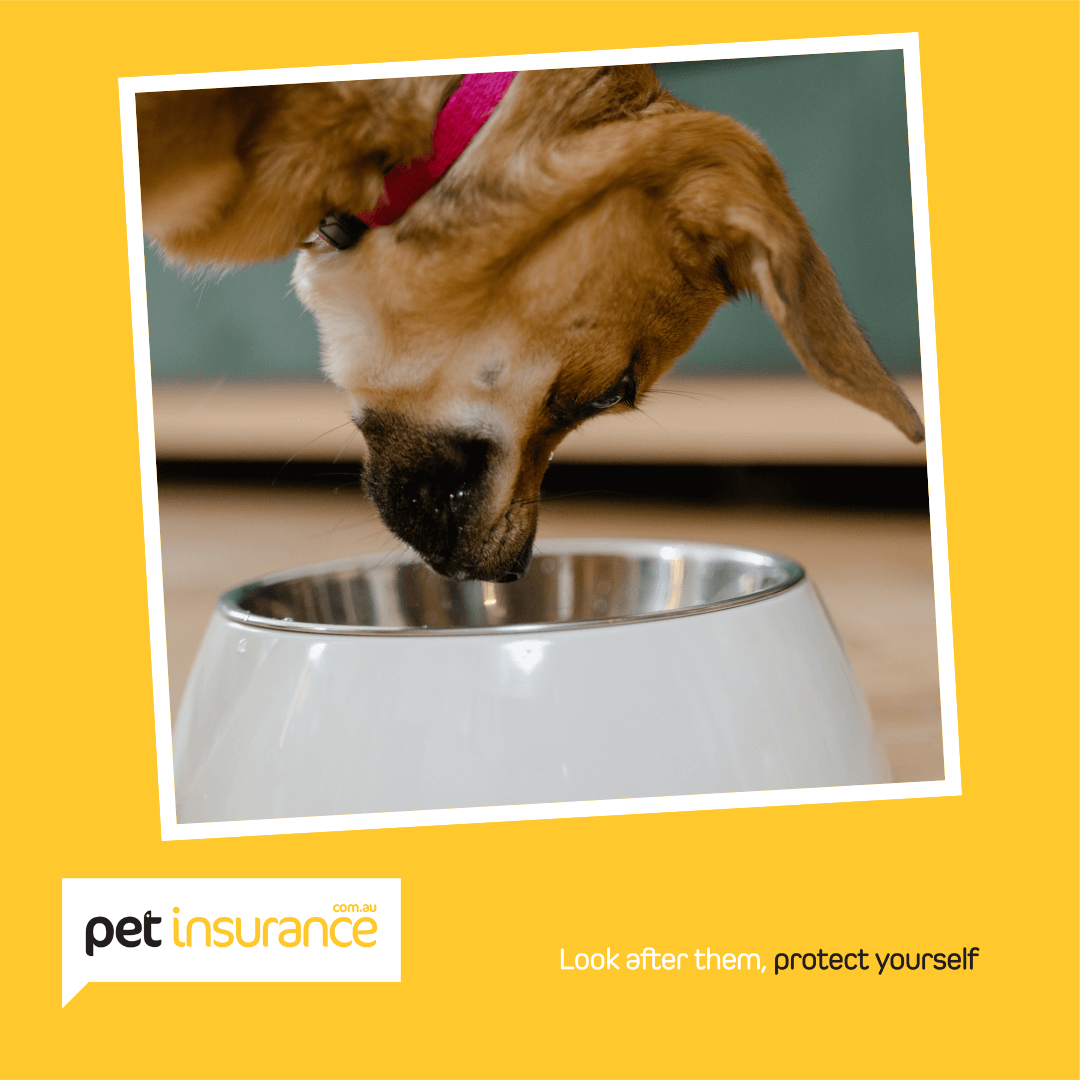Is your dog a picky eater?

As we all know, dogs enjoy their food and are usually eager when feeding time gets closer (as they usually trip over their own feet when trying to get to their bowl!).
But what happens when your dog becomes a picky eater overnight or has a lack of appetite? This puts a huge amount of stress on both you and your dog; ok probably mostly you. 😊 So, it is important to get to the root cause of the problem.
Keeping an eye on your dog’s appetite is important. Similar to humans, if your dog does not want to eat, it might be a sign that they are feeling unwell. If you notice that your dog’s loss of appetite does not improve, you may want to consult with your veterinarian.
Below are some points as to why your pup might not be eating:
- Some dogs prefer eating fresh food. Due to their sense of smell being much stronger than humans, they might not enjoy the smell of the food you are giving them. Consider a fresh bowl of food and see if their eating habits start to improve.
- Sometimes when a dog is in pain they don’t feel like eating. They might have problems getting up, walking, or with their teeth which hinders them from getting to their food or chewing it. This could be due to various reasons such as general health problems or dental issues. If you see your dog is in pain consult with your veterinarian as soon as practicable.
- Changes in their routine could affect their eating habits. If you have recently changed your routine or the environment i.e., moving home, changing their feeding schedule, or the absence of one of the family members etc. this might affect their eating habits.
- A dog’s nutritional needs change as they get older due to their bodies changing. Their smell or taste may change making food less attractive to them. Their energy levels are lower due to them not moving around as much, which also means that they don’t need as much food (fuel) as they used to.
- Your dog might be feeling stressed or anxious when you leave them with someone while traveling. Something as small as a different bowl or environment could have an impact on their appetite.
- If you are overfeeding your dog, they might simply just not be hungry. You might be giving them too many snacks during the day, which may dampening their appetite when it comes to their actual mealtimes.
- If your dog has started a new medication or has been vaccinated it might cause a loss of appetite. Some medications may have this side effect.
- If you have two dogs and one is dominant in your house, the one that is timid might be afraid to eat with the other dog. You might consider feeding them separately if this is the case.
- Possibility that your dog is just a picky eater. Dogs have their own food preference and puppies especially are very picky. It might be a good idea to try different types of food to establish what your dog likes.
Below are a few tips for feeding your picky eater:
- Try sticking to a set time for their mealtimes
- Leave food out for no longer than 15 to 20 minutes.
- If your dog doesn’t eat anything, take the bowls away.
- Don’t give your pet any more food or treats until their next scheduled feeding time.
It’s important to consult with your veterinarian before you change your dog’s diet or when you have any concerns about their eating habits.
Remember feeding time for your dog is a special moment and shouldn’t be stressful. It strengthens the bond between you and your dog as you are providing the with the love and care they need!
Please note that not all conditions and items are covered by Pet Insurance. Refer to the Product Disclosure Statement for more information.
